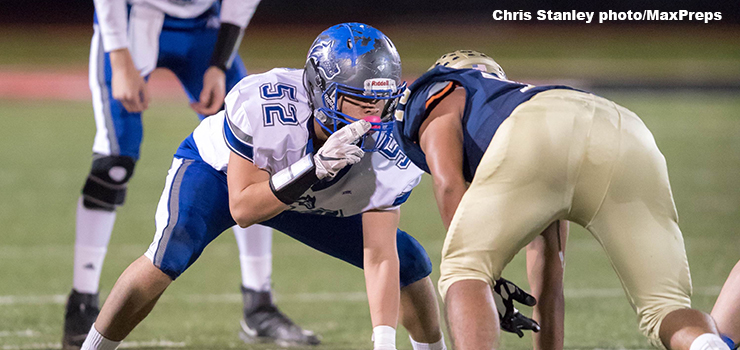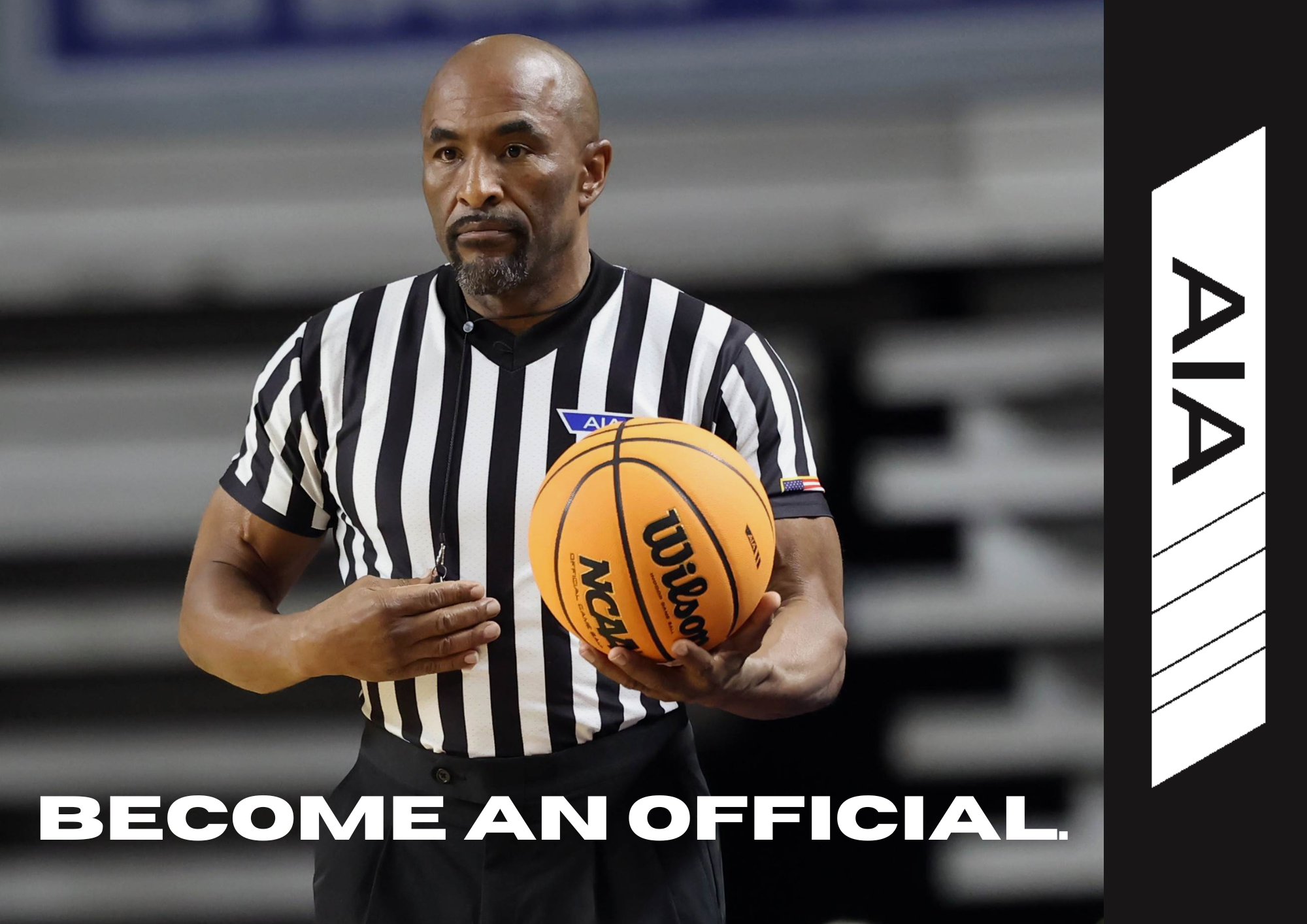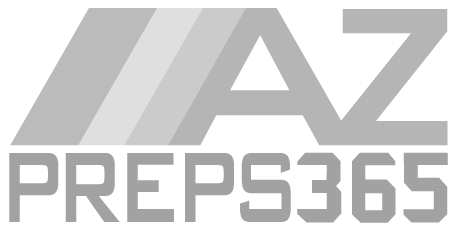Metric adjusted in Sports Medicine Advisory Committee guidelines
September 17, 2020 by Seth Polansky, AZPreps365

The Arizona Interscholastic Association’s Executive Board, with the support of the AIA Sports Medicine Advisory Committee (SMAC), adjusted a benchmark metric listed in the Recommended Guidelines for Return to Athletic Activity originally proposed to address high risk/contact sports.
SMAC had recommended that a safe return to football in terms of contact in practice and ultimately competition should depend on a given geographical area to have no more than 10 people per 100,000 test positive for COVID-19. Consulting with a number of executive leaders at other NFHS state associations that are currently playing football, and consideration of each of the metrics, especially hospitalization, it was determined that a metric of 75/100,000 could be established for football to begin competition.
Schools will need to strictly follow the exit strategies defined in the recommended guidelines document.
Several states have similar COVID-19 rates compared to Arizona and those states are currently playing football with safeguards put in place by their executive boards. With the advantage of viewing these games nationwide for several weeks, it is believed the AIA can successfully and safely conduct football with this new benchmark by complying with the updated sport specific modifications. The Executive Board has already determined these modifications are now required to be implemented by member schools.
“Seeing the positive results in other states was a big help to reach this conclusion,” Hines said. “It’s a testament to those associations for putting proper rules in place so football can happen. We have similar numbers and similar safety recommendations as compared to those states.”
Benchmarks for all other AIA fall sports have been met and interscholastic competition has begun for golf, cross country, swimming & diving, fall soccer, badminton and girls volleyball.
“We have been given the opportunity to compete in football. However, it will take all of us – coaches, players, parents, fans and administrators – to implement all of the modifications,” Hines added. “This is critical for us to stay on the current track. It is equally as critical that all involved understand the importance of adhering to the guidance of athletic trainers and medical personnel.”
Member schools and districts should have their own guidelines if the issue of a player on any fall sports team tests positive for, or is believed to have been exposed to, COVID-19. The guidelines should also address any rise in the positivity rates or an increase in hospitalizations as described in the metrics. The AIA Recommended Guidelines for Return to Athletic Activity provides specific recommendations on these issues for schools to consider and implement. Most critical in these recommendations is the cardiac evaluation of a student-athlete that has tested positive for COVID-19.
As a living document, SMAC and the Executive Board will continue to monitor and update the return guidelines as new information and situations arise.


